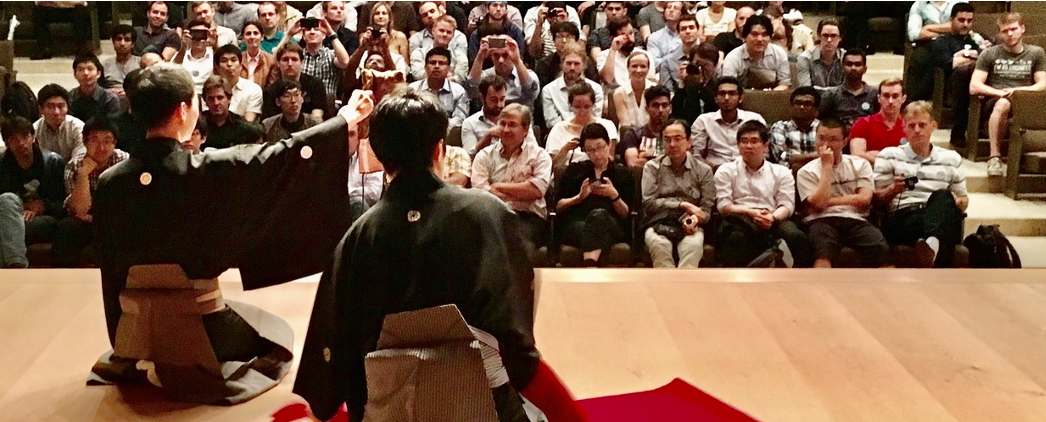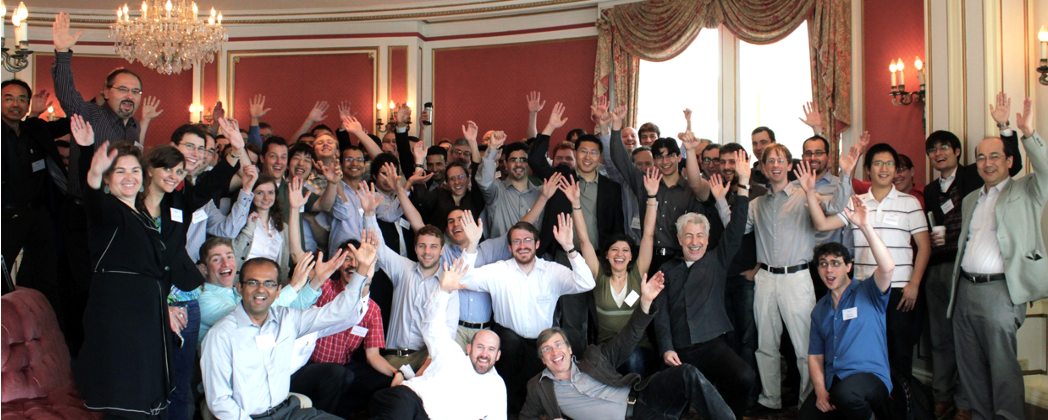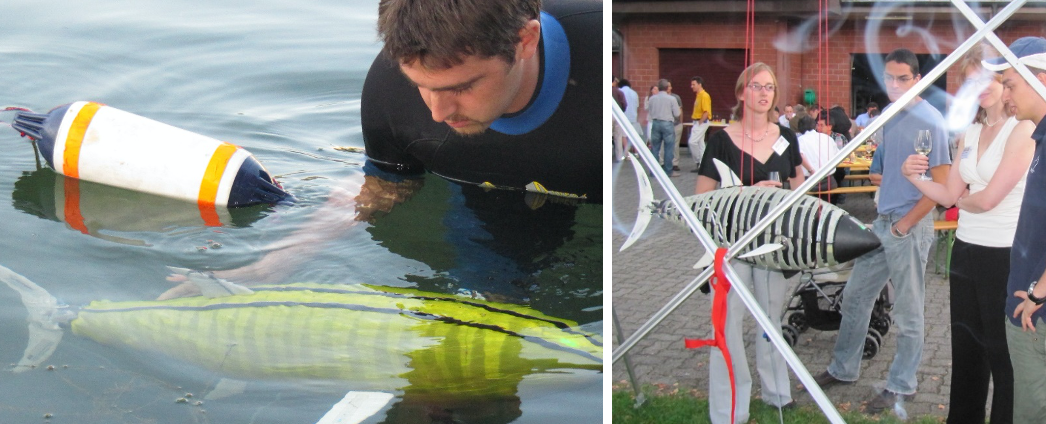Date and time:
February 18 at 2:00pm (PST)/ 11:00pm (CET)/ February 19 at 7:00am (JST)/ 9:00am (AEDT)
Live Stream: Zoom Webinar (https://zoom.us/j/95987704316)
Live questions and discussion: Slido (https://app.sli.do/event/gzvvvsf5)
Moderator: Holly Yanco (Univ. of Massachusetts - Lowell )
Panelists: Maja Matarić (University of Southern California), Kerstin Dautenhahn (University of Waterloo), Dana Kulić (Monash University), Bram Vanderbrought (VUB)
Front Row Participants: Harold Soh, Hae Won Park, Tadahiro Taniguchi, Giulio Sandini
Title: Panel on Human Robot Interaction
Video on Bilibili: https://www.bilibili.com/video/BV1Cb4y1R71F/
Video on YouTube: https://youtu.be/632-zWaZvUs
Across many application domains, robots are expected to work in human environments, side by side with people. Interactions between robots and their users will take many forms, from a trained operator supervising several industrial robots, to an older adult receiving care from a rehabilitation robot, to a child safely practicing social, cognitive, or emotional skills with a readily available socially assistive robot. The users will vary substantially in background, training, physical and cognitive abilities, and readiness to adopt technology. Robotic products are expected to not only be intuitive, easy to use, and responsive to the needs and states of their users, but they must also be designed with these differences in mind, making human-robot interaction (HRI) a key area of research.
Holly Yanco (Moderator)
Holly Yanco (Moderator)

Holly Yanco is a Professor in the Computer Science Department at UMass Lowell, joining the faculty in July 2001. She is also the director of the New England Robotics Validation and Experimentation (NERVE) Center. She founded the Human-Robot Interaction Lab which consists of students at all stages of their careers, from freshmen to doctoral candidates. Dr. Yanco's research interests include human-robot interaction, better visualization of sensor data, adjustable autonomy, urban search and rescue, assistive technology, and robotics education. Her lab is funded by the National Science Foundation, the Army Research Office, Microsoft and the National Institute of Standards and Technology.
Maja Matarić

Maja Matarić is the Chan Soon-Shiong Distinguished Professor in the Computer Science Department, Neuroscience Program, and the Department of Pediatrics and Interim Vice President for Research at the University of Southern California, founding director of the USC Robotics and Autonomous Systems Center (RASC), co-director of the USC Robotics Research Lab, and the lead of the Viterbi K-12 STEM Center. She received her PhD in Computer Science and Artificial Intelligence from MIT in 1994, MS in Computer Science from MIT in 1990, and BS in Computer Science from the University of Kansas in 1987.
Kerstin Dautenhahn

Professor Kerstin Dautenhahn has been Canada 150 Research Chair in Intelligent Robotics at University of Waterloo in Ontario, Canada, since 2018. She received her PhD from University of Bielefeld in Germany in 1993. Professor Dautenhahn has a joint appointment with the Departments of Electrical and Computer Engineering and Systems Design Engineering and is cross-appointed with the David R. Cheriton School of Computer Science at University of Waterloo. She is Visiting Professor at the University of Hertfordshire, UK. In Waterloo she is director of the Social and Intelligent Robotics Research Laboratory (SIRRL). The main areas of her research are Human-Robot Interaction, Social Robotics, Assistive Technology and Artificial Life.
Dana Kulić

At Monash University, Professor Dana Kulić develops autonomous systems that can operate in concert with humans, using natural and intuitive interaction strategies while learning from user feedback to improve and individualise operation over long-term use. In collaboration with Professor Elizabeth Croft, she pioneered systems to quantify and control safety during HRI based on both robot and human perception. Working with Professor Yoshihiko Nakamura at the University of Tokyo, she developed one of the first systems to implement continuous learning from demonstration. The system was a first step towards robots that can learn from non-experts, as it did not require the demonstrator to segment or scaffold their demonstration.
Bram Vanderbrought

Bram Vanderbrought is a Professor at Vrije Universiteit Brussel (VUB) in Brussels. He received his PhD 2009 in applied sciences and has performed research at AIST in Japan and at IIT in Genoa. His research is on cognitive and physical human robot interaction, robot assisted therapy, humanoids and rehabilitation robotics with core technology of using variable impedance actuators. He is the coordinator of the EU FET SHERO on self-healing soft robotics and Marie Curie ITN SMART. He served as the IEEE RAM magazine Editor-in-Chief, and was a member of the Young Academy of the Royal Flemish Academy of Belgium for Science and the Arts.






